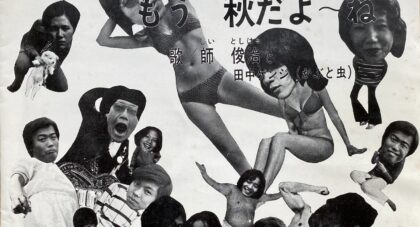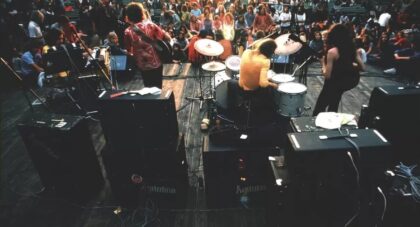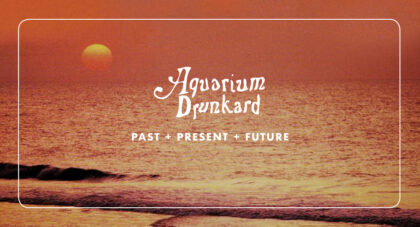(Several months ago Jeff Leven, whose byline you'll recognize if you're a Paste reader, and I were discussing music and that of young fandom. Leven told me a great story, from his college days in the '90s, related to Wilco, the power of an album, meeting your idols...and the days of fax machines. With 'Wilco (The Album') now on shelves, Leven decided to share his tale here on AD. Enjoy)
The Fabulous Satellite Lounge in Houston, Texas scurried at the frayed edges of Austin’s shadow. Literally on the wrong side of the tracks on the deader side of downtown’s outermost sprawl, it was housed in what I was always told was an old bank building. Rockefeller’s — the upmarket showcase club next door — lived in relative opulence in what used to be the bank lobby, while the Satellite, was, unequivocally, what used to be the vault. Décor consisted of a few oil lights spiraling against the concrete, and the bar ate half of the ample floor space. If my teenage bedroom was the cauldron where my obsession with music was concocted, for a time the Satellite was one of my most consistent markets for new ingredients. In a town where the glint of new oil money had slapped fresh varnish across the face of the innumerable strip malls that sprung out of the prairie mile-by-mile across an astounding radius, the Satellite was soulfully dank, that slight bit lonesome and thrillingly almost urban. It wasn’t a scene per se - there was a mild teenage punk rock scrum at a few venues well up the street. The classic Townes n’ blues scene had all but died, only to occasionally revisit Rockefeller’s for $50 a ticket. The Geto Boys were about at their peak but well off my radar. Occasionally you’d catch Billy Gibbons buying floppies at the Compuserve near the Galleria. But most of the time you’d drive and drive through the humid wall of air blaring Rush’s “Subdivisions” on KLOL and wondering how a trio of Canadians had so well figured out a place where they undoubtedly had never spent more than a week. So when the Satellite stumbled into its mid 90s alt country booking jag, it was a slapdash stroke of small “d” destiny.
I never saw Wilco at the Satellite. The Internet tells me they played there, apparently including the night of my 18th birthday, and then again the next November. Instead I saw Son Volt.
Continue Reading After The Jump....
Only the good shit. Aquarium Drunkard is powered by its patrons. Keep the servers humming and help us continue doing it by pledging your support.
To continue reading, become a member or log in.


